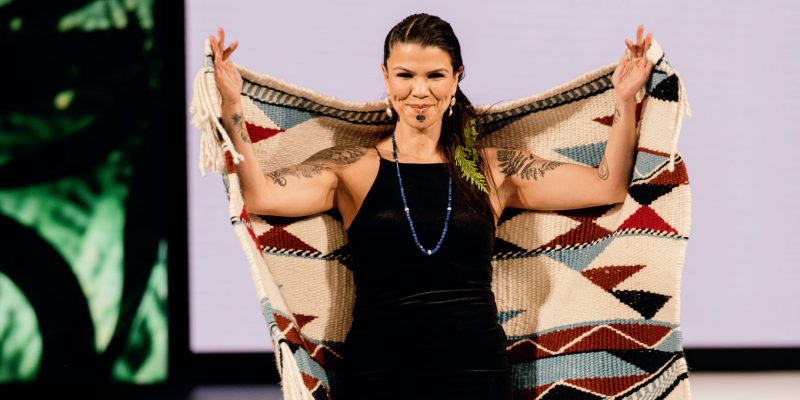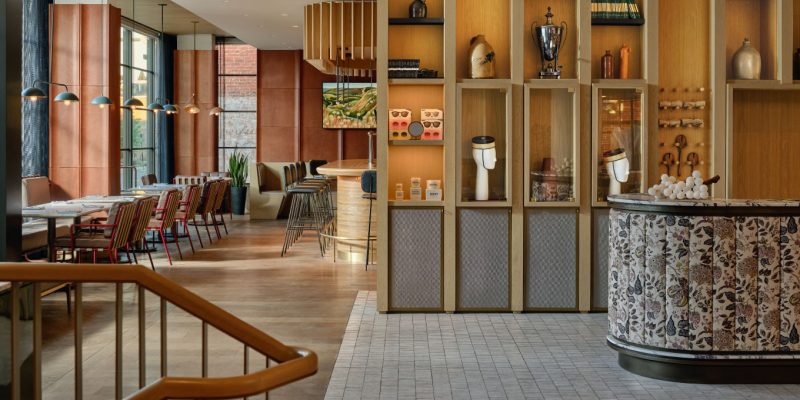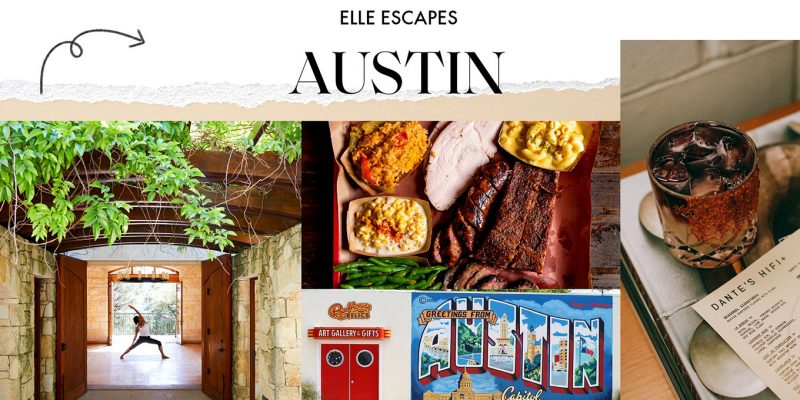Culture
Fariha Róisín Wants Us to Heal Together
The acclaimed author of Like a Bird and How to Cure a Ghost, explores who wellness is for in her latest book.
by : Yang Shi- Jul 4th, 2022
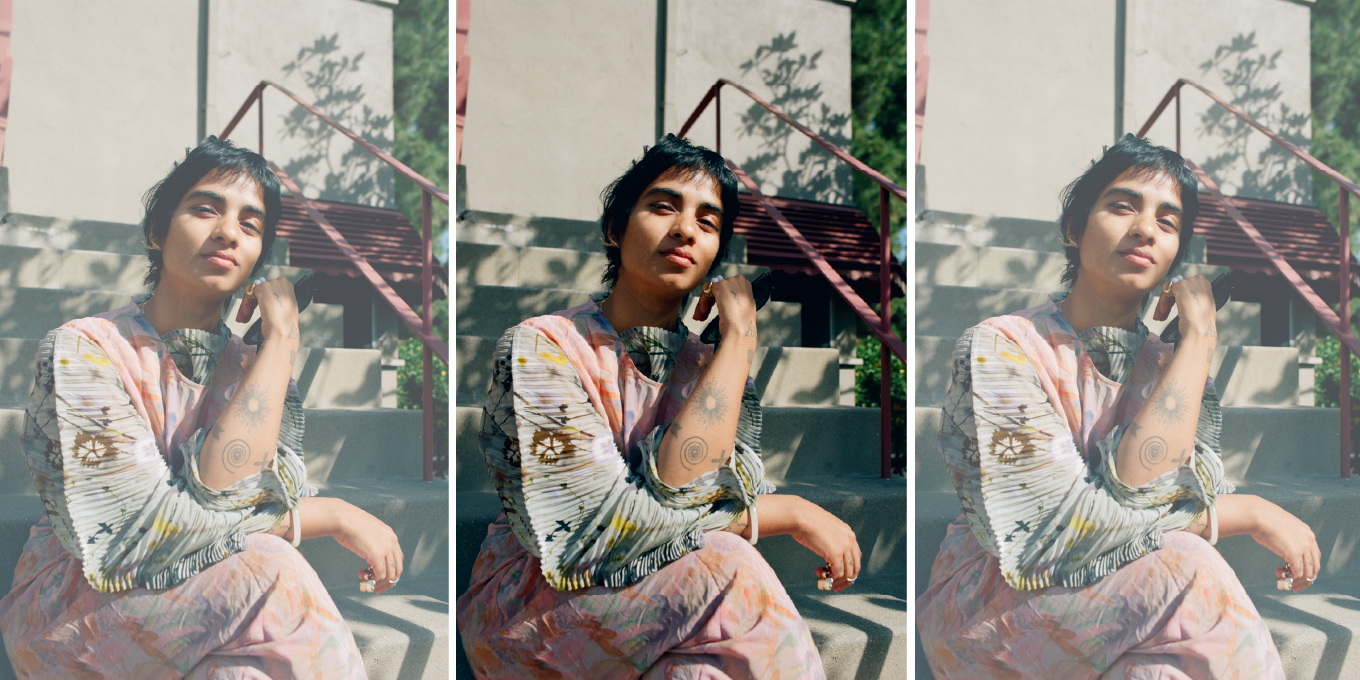
Shriya Samavai Manian
From hot yoga to private training to meditation and mindfulness, wellness practices are a time-consuming and often costly luxury. But who really benefits from them and who is left out? In her latest book, Who Is Wellness For?, Bangladeshi author and artist Fariha Róisín (who was born in Kitchener, Ont., and raised in Sydney, Australia, and is now based in Los Angeles) investigates how the West has commodified global healing traditions while ignoring and excluding the Black, brown and Indigenous people whose wisdom the traditions were built on. We spoke with Róisín about the profit of global healing traditions, real healing practices, inclusiveness and accountability.
What is the intention of your latest book?
“It’s time to ask ourselves how we can make the world a better place now that we are living in such difficult times. Wellness has become a machine, and nobody has really, extensively talked about this giant thing we’ve been participating in. So this book is about my own investigation, and it’s a general call for justice but also, hopefully, an educational tool.”
You examine the commodification of global healing traditions for profit. What are some examples of this?
“Everything from meditation to yoga to herbs, like ashwagandha—basically, things from the global south that have been used there in customs, norms and traditions for thousands of years. We have a very dissociative relationship with these practices because we are often missing the context, and it’s time to talk about why we are allowing this to happen.”
Can you explain this dissociation? As a society what are we losing when wellness is stripped away from its lineage?
“We are losing culture, people, family lines and history. As a South Asian person, I feel erased from the dominant popular culture and wiped out as an entity in North America. Our practices are so available in spaces of wellness, and yet you can’t find us in those spaces. How many South Asians do we actually see in yoga classes? I always think of that.”
As a first-generation Chinese immigrant, I can relate to this paradox—people love my fashion and my food, but they perceive me as a perpetual foreigner. This makes me wonder how we can differentiate cultural appreciation from cultural appropriation.
“The way you show cultural appreciation is to pay for it appropriately. For example, as a white yoga teacher, you could give 15 percent of your profit to an Indian farmer. There are so many ways you can start reinvesting in those cultures you are taking away [from], and when you start doing it, that’s appreciation and no longer appropriation.”
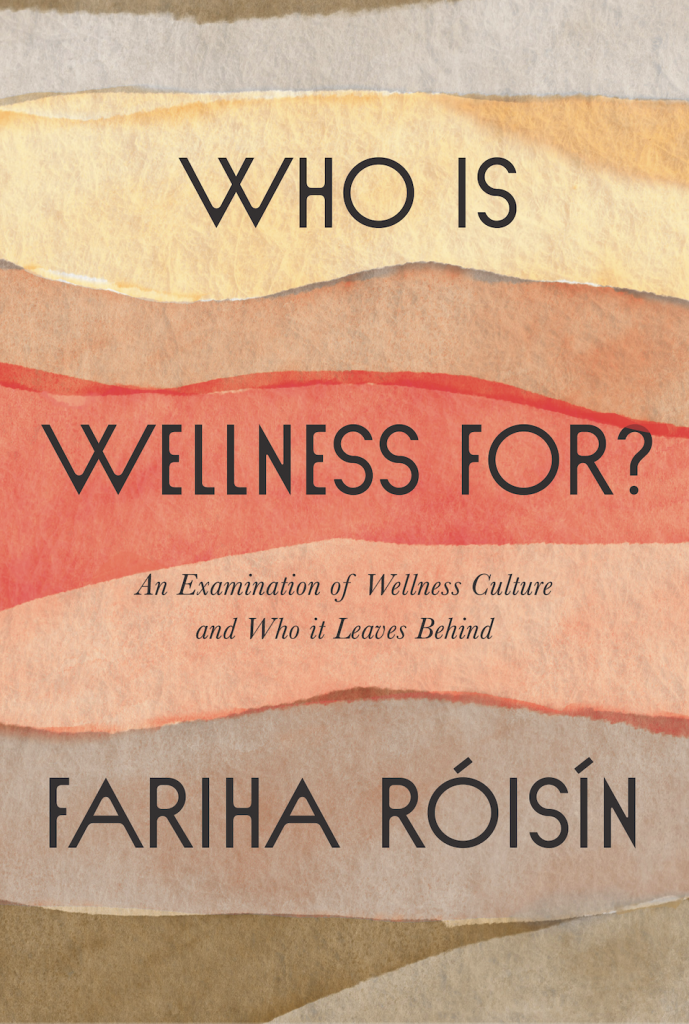
Do you think that the more we commodify these practices and follow trends, the further away we are from true healing?
“Absolutely. Capitalism brought a sense of entitlement to America and the world. Real healing requires you to be honest with yourself and the people around you. So much of my personal healing journey has meant I’ve had to be accountable for myself at all times. You’re going to mess up, but you still have to be responsible and acknowledge your participation. Many of us are afraid to have this kind of conversation with ourselves because capitalism has made us complacent.”
As an industry and as individuals, how can we make wellness more inclusive?
“By allowing the people whom these practices come from to teach us the way. I would like to see more Indian yoga teachers and more free healing schools for South Asian folks to learn our customs. The responsibility of the wellness industry is to listen to people who are making demands. As individuals, we need to start going into those places ourselves and question how we are participating in wellness. [We need to] understand that what we do, buy and say has a bigger impact than we think.”
What’s the first step to accountability?
“We can’t just force accountability. The language has to change. There’s gentleness required. We need to connect with each other through our humanity and show that this is the only way to decolonize wellness. I think conversations like this one are essential because education happens in such macro ways. We are all learning how to be more intentional with each other.”
What words of wisdom would you give to those who are beginning their healing journey?
“Be intentional, be honest and be curious. Don’t fall into the trap of [relying on] what wellness is telling you. Find out [what’s behind these practices] yourself. Be grateful for the knowledge of others and let that gratitude humble you. Participate in this planet ethically without wanting to extract. Give more—always—where you can.”
Read more:
Fariha Róisín’s Like a Bird is for Survivors
5 Brilliant Canadian Artists and Illustrators to Watch
Bilal Baig Is Carving Out Their Own Path
Newsletter
Join our mailing list for the latest and biggest in fashion trends, beauty, culture and celebrity.
Read Next
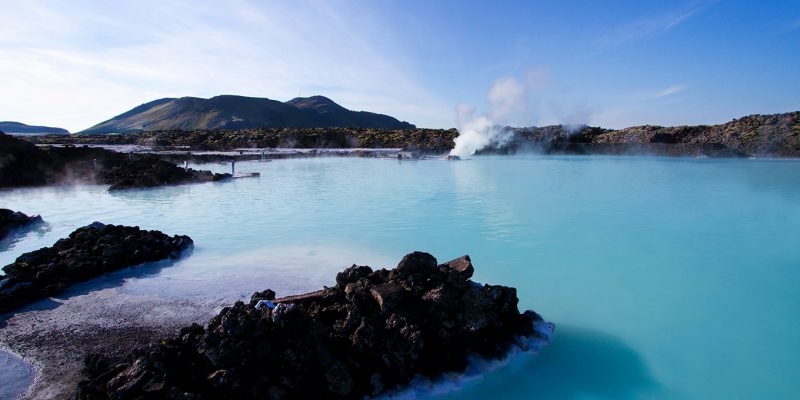
VIP
9 Stylish Icelandic Adventures Tailored to Fashion-Conscious Canadians
Iceland’s stylish escapades for the fashion-forward Canadian traveller blend elegance with adventure.
by : Contributor Content- Apr 15th, 2024
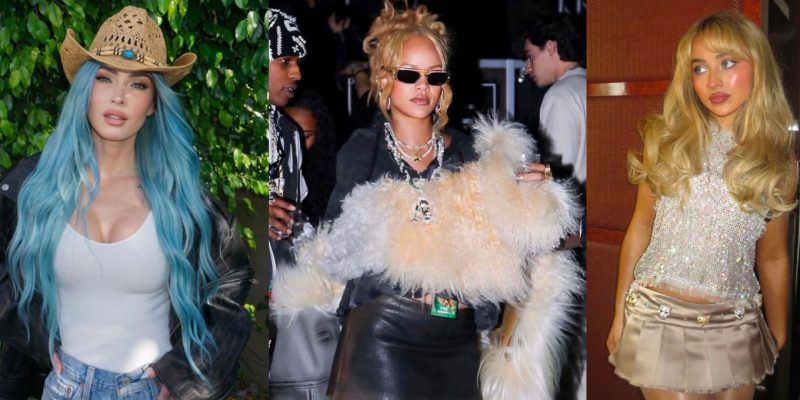
Fashion
The Best-Dressed Stars at Coachella Weekend One
Here's what your favourite celebs (and influencers!) wore to kick off Coachella's first weekend.
by : Lauren Knowles- Apr 15th, 2024

Culture
This Maple Whipped Tofu Toast Is Unreal
Light, fluffy with a touch of zest, this maple syrup-infused toast is a slice of heaven.
by : Margaux Verdier- Apr 9th, 2024

